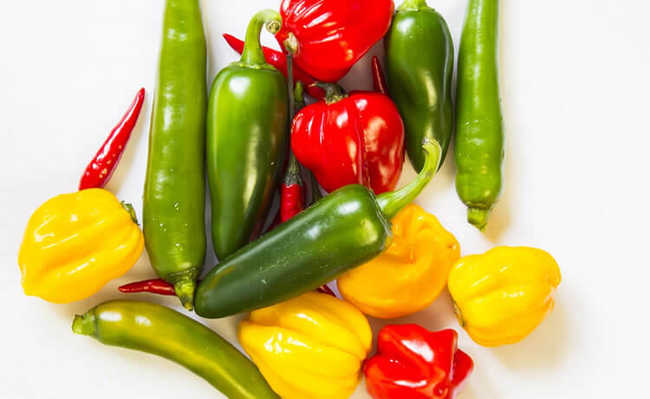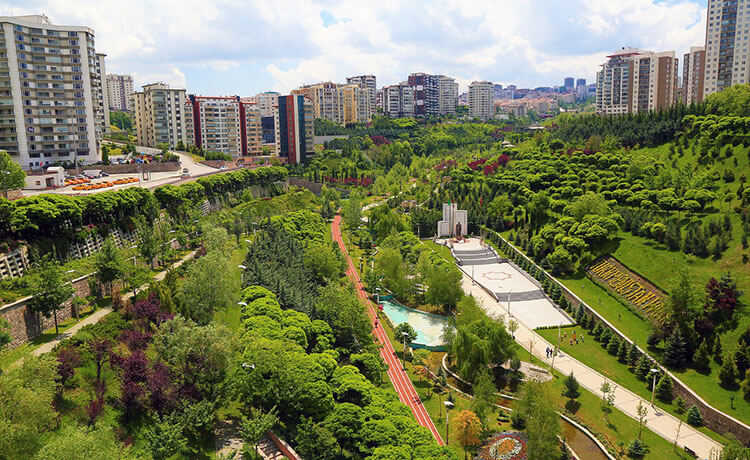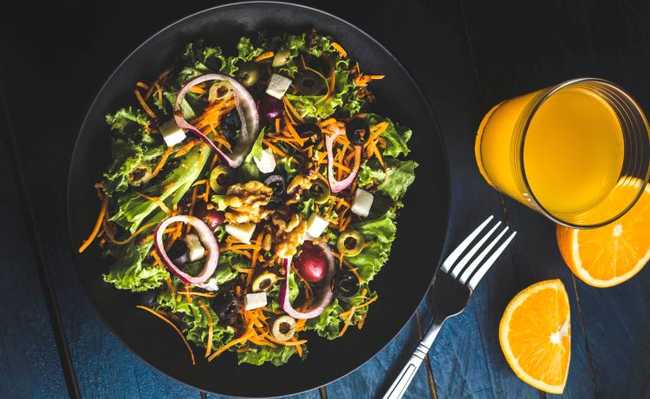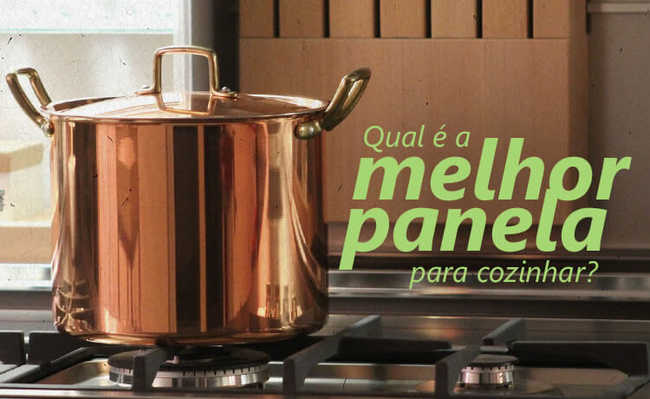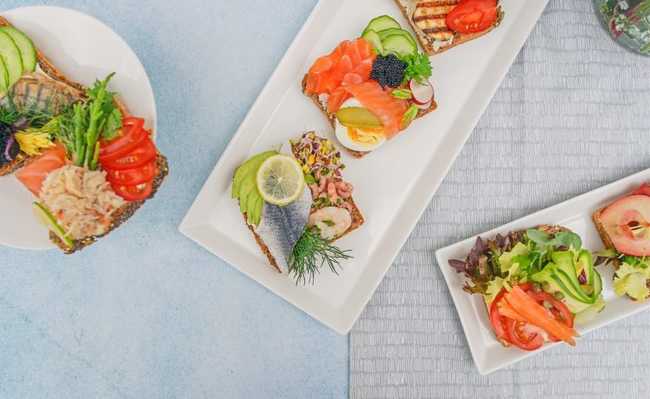Peanuts: benefits and risks
Despite benefits, allergy and storage can be dangerous. Check out!
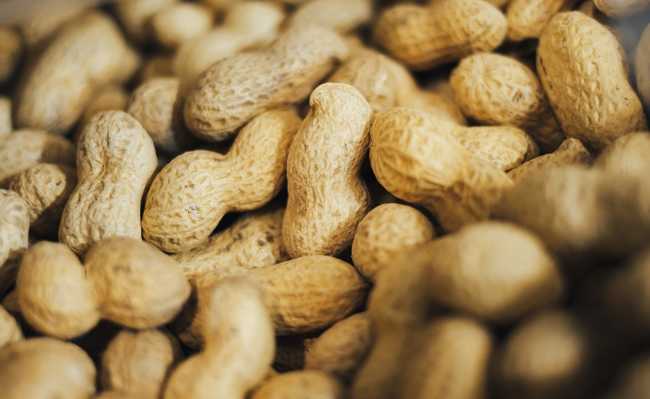
Edited and resized image by Vladislav Nikonov, available on Unsplash
Of South American origin, peanuts (Arachis hypogaeai L.) is a plant whose seeds, rich in oil and proteins, are produced below the surface of the soil. Archaeological finds dating back more than 3,700 years support the use of peanuts in the diet of pre-Columbian peoples. It is one of the most nutritious human foods and, at the same time, easily digested, characteristics that contributed to the nourishment of prehistoric humanity.
Currently, there are several products made with peanuts, including: peanuts in shell with skin and peeled, raw or roasted peanuts, peanut flour, peanut oil, peanut butter, paçoca, nougat, ground peanuts in bars and in chocolates , salted with skin or peeled, encapsulated sweet or salty (Japanese type), sweet cream, among others.
Peanut Benefits
Peanuts are a functional food, but they must be consumed in adequate amounts. This oilseed contains properties that act to prevent cardiovascular disease, prevent the development of cancer and reduce existing tumors. As a functional food, it helps control cholesterol and triglyceride levels. Also, it helps to balance the metabolism.
Peanut grains have a high energy value (596 cal/100 g of seeds), and a high content of lipids and protein, in addition to being a source of minerals such as calcium, potassium, magnesium, phosphorus, among others. Peanut oil has high digestibility (98%), high vitamin E content, in addition to considerable amounts of vitamins B1 and B2. The rich composition of fatty acids places this oilseed among the most important sources of vegetable oil. Flour has twice the amount of amino acids essential to the human diet, especially arginine, which is extremely important in infants' diet. It is rich in B-complex vitamins. In addition to vitamin E, peanuts contain resveratrol, the same substance present in red wine, which protects the cardiovascular system.
Risks and quality control
Despite having many nutritional benefits, some people may experience allergies when consuming peanuts. Allergy is caused by allergenic proteins that are resistant to enzymatic digestion and have a high degree of attachment to the body's defense cells, triggering the allergic process. Reactions caused by peanuts include: asphyxia, urticaria, angioderma, rhinitis, eczema, mouth ulcers, nausea, itching, diarrhea, cerebral collapse, heart attack and even death.
Like soybeans, raw peanut seeds also have anti-nutritional factors; such factors influence the metabolic processes of the human system, such as the decrease in peanut protein digestibility, affecting the nutritive value of seeds. However, traditional processing and cooking of peanuts reduces antinutrients.
Quality control throughout the peanut production chain is extremely important, as they are susceptible to the proliferation of fungi and, consequently, to aflatoxin contamination, when they are in ideal conditions of temperature and humidity. The main effects on human health caused by aflatoxin are: type B hepatitis, serious damage to the nervous system and primary liver cancer. In Brazil, the Ministry of Health and Agriculture and Supply has laws that establish maximum limits for aflatoxin in foods and the standard of identity and quality of foods, including: Resolution No. 34, of January 19, 1977, of the National Commission of Norms and Standards for Food – CNNPA, of the Ministry of Health, Ordinance No. 451 of September 19, 1997, of the Health Surveillance Secretariat of the Ministry of Health, and Resolution No. 12, of July 1978, of the Commission Ministry of Health's National Food Norms and Standards.
Peanuts are an important food that brings many benefits to human health, but it must be part of a balanced and balanced diet to provide the aforementioned benefits. In addition, it is very important that the consumer is aware of the quality of the product he will purchase, checking if the company has the certificates of the inspection bodies. A safer idea is to grow your own peanuts ensuring they are eaten while they are still fresh.



